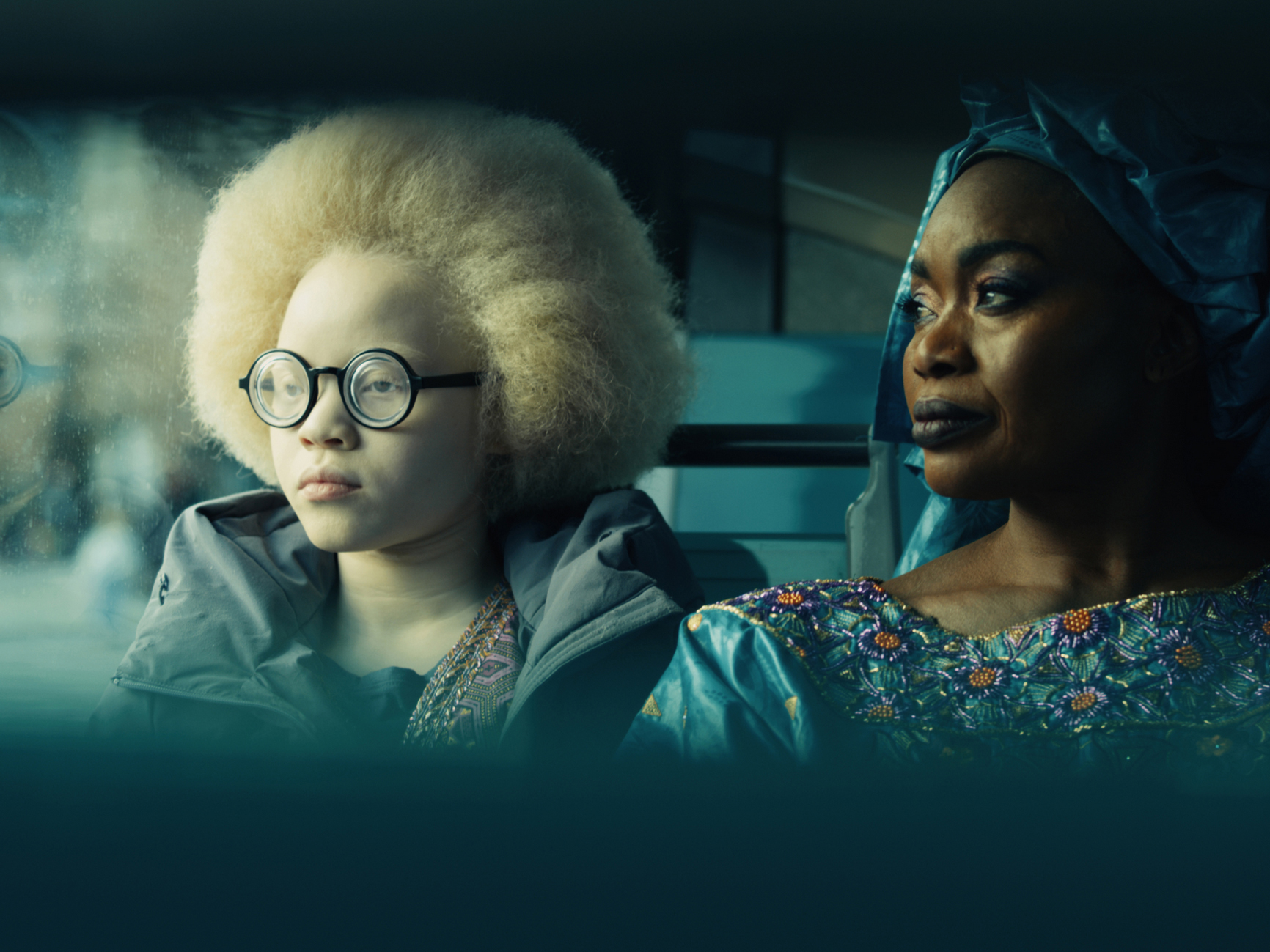
- Golden Globe Awards
Hawa (Bangladesh)
Eight fishermen on a boat in the Bay of Bengal find a young woman caught in their nets. At first, they think she’s dead, a very bad omen according to local superstition. But she recovers consciousness, although she remains mute. The men eventually discover her name, Gulti, and decide to leave her in the nearest town once their fishing trip is done. Upon her arrival on the boat, misfortunes pile up, tensions escalate and the boat is lost at sea.
The mysterious Gulti is made to work on the boat to earn her keep, and two of the men, including the captain, try to assault her sexually, though she manages to fend them off. The captain makes her life miserable, but she does befriend the boat’s mechanic – the first person she speaks to – and to him she hints that she may be a mermaid. The supernatural story ratchets up the suspense and horror in a climactic third act.
This is Hawa (Wind), the Bengali language film that is Bangladesh’s submission to the Golden Globes for consideration in the Best Non-English Language category. It is written and directed by Mejbaur Rahman Sumon in his feature directorial debut, and stars veteran Bangladeshi actor Chanchal Chowdhury as the captain, Nazifa Tushi as Gulti, and Sariful Razz as the mechanic. The film was shot near St. Martin’s Island in the Bay of Bengal.
The director rehearsed with the cast for five months, he told the online publication OTTplay. “It wasn’t [just] about acting, but about other activities – operating a fishing net, walking on a boat, learning how to swim, etc. One may know swimming, but swimming in the middle of the sea while shooting is not the same. It took some one and a half years to make it.”
Despite the fact that local films don’t have much traction with audiences in Bangladesh, Hawa has been the biggest grosser in the country this year, and fans thronged to see it after its song “Shada Shada Kala Kala,” written and sung by Hashim Mahmood, went viral on social media.